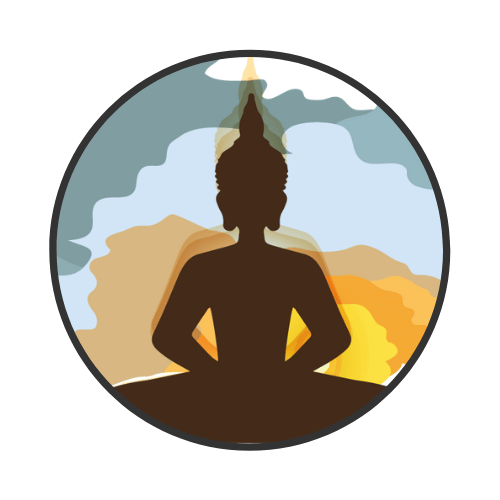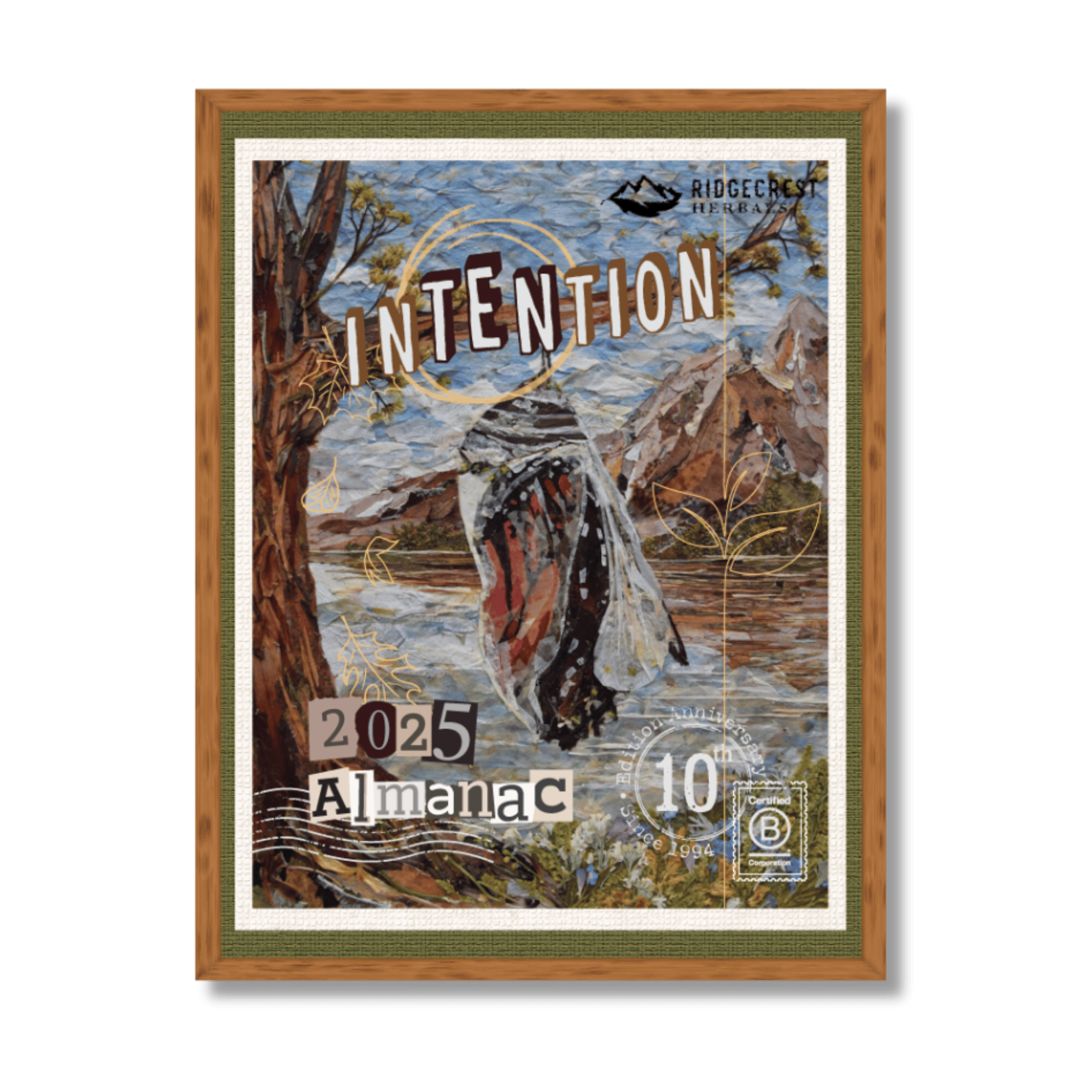Hinduism is one of the most ancient and diverse belief systems on Earth. Its earliest texts, The Vedas, date at least 3000 years ago. By the time they were written, the foundational principles of Hinduism were already deeply integrated into Indian culture, belief, and practice, suggesting a much more ancient root. Many Hindus believe that Sanatana Dharma has always been timeless. More than a spiritual path, it deeply intertwines with the natural rhythms of the universe, advocating for harmony in body, mind, and spirit.
Core Beliefs of Hinduism
The term Hindu originates from the British mispronunciation of Sidhu, the Hindi word for the Indus River, where this belief system originated. As a result, there is no religion called “Hinduism.” The belief system is called Sanatana Dharma, which translates to Eternal Duty.
Sanatana Dharma's core belief centers on a primordial supreme energy, eternal and beyond time and space. All gods, deities, humans, and other beings emerge from this energy. Sanatana Dharma unfolds through three key facets: Dharma, guiding individuals to embody truth and purpose; Karma, shaping future incarnations based on actions; and Moksha, the ultimate goal of liberation from the cycle of rebirth.
Sanatana Dharma venerates three principal deva (gods): Brahman (The Creator), Vishnu (The Preserver), and Shiva (The Destroyer). These cosmic forces sustain the existence cycle from the most minor interactions to the entire universe. A myriad of device incarnations emerge from them, each embodying distinct characteristics and roles within the universe. These are energetic beings, often anthropomorphized for easy relations with our human incarnations.
Atman (soul) is thrust into Maya (confusion or the grand illusion). We incarnate into many lives with Maya. The more we become confused with the illusion of Maya, the lesser being we become in the next incarnation. The more good we do, the less confused we become and the more significant being we will incarnate into. Atman begins as microscopic life and incarnates into a more complex life until it reaches human form, where consciousness is gained. Only from a human incarnation. Only then do you get the chance to break the cycle and attain Moksha.
In conversation with a dear friend from India, Aaditya, he recounted the myth of Maha Vishnu, the supreme energy floating in the cosmic ocean, laying a serpent. Awakening from slumber, a lotus blooms from Maha Vishnu's navel, birthing Brahman and initiating the multiverse creation. Upon Maha Vishnu’s sleep, the multiverses contract back into his navel, and he forgets until the next cycle begins upon his awakening—a narrative mirroring one’s awakening from Maya to higher truth. When one sleeps, one forgets and becomes consumed by Maya; when one awakens, one glimpses truth beyond illusion.
Aaditya told me that if you are a blessed soul, you will see that deva are just a part of it like humans are. Deva is not the supreme truth. They are energies within the universe that we have personified, given human faces and characteristics to understand them better. This is how it has always been and how it will always be. In this way, Sanatana Dharma was not invented but discovered, time and time again, from one universe to another, with new experiences of those who devote themselves to their practice, or Dharma.
He says that you can find or create your deva. Create a frequency or essence, and tune into that wavelength with devotion. You can start with yoga, meditation, chanting, or singing and find practices that help you tune in to the healing you need. Many people will meditate, then go back to making the same decisions in life, only to become frustrated and meditate again. Practice integrating real change and growth into your life as insight and truth are revealed.
Herbalism in Hindu Practices
Integral to the Hindi lifestyle is Ayurveda, the ancient science of life that utilizes herbs to balance the body's three Doshas: Vata, Pitta, and Kapha.
Vata: Elements Air and Ether - Governs Movement and Communication.
Pitta: Elements Fire and Water - Governs Metabolism and Digestion.
Kapha: Elements Water and Earth Governs Stability, Structure, and Nourishment for Growth.
We align these Doshas through herbal remedies and diet to balance physical, mental, and spiritual harmony. RidgeCrest Herbals uses Ayurvedic remedies in our products!
Herbs are integral to daily and spiritual life in Hindi culture. One of the most sacred herbs is Tulsi (Holy Basil), revered for its healing and spiritually uplifting properties. Tulsi clears the aura and strengthens resilience to stress. Another vital herb is Tumeric. In nearly every meal and ritual, turmeric is not just a spice but a symbol of purity, fertility, and prosperity in Hindu culture. You can find herbs like Tulsi and Turmeric in nearly every Hindi home.
Practical Applications
Adopting Hindu-inspired herbal practices can enhance health and vitality. Starting the day with ginger tea stimulates digestion and vitality, aligning with Ayurvedic principles promoting Agni (digestive fire). Incorporating Ashwagandha into daily routines aids in stress management and energy. Complement your supplements with yoga and meditation practices that foster physical flexibility, mental clarity, and emotional peace.
Furthermore, integrating yoga and meditation into your daily routine can amplify the benefits of herbal treatments. Yoga enhances physical flexibility, strength, and the flow of prana (life force), while meditation fosters mental clarity and emotional peace, creating a fertile ground for herbs to work more effectively.
I asked Aadi what readers should do if they wanted to learn more about these practices. He told me that there is no punishment for not believing. Believe whatever you want, make up whatever gods you want, and devote yourself however you want. What matters is that your actions are good and positively affect others in your community. Share love and insight when others are open to receiving it.
You can keep up with Aadi and purchase his incredible incense straight from India by messaging him directly on his Instagram @aadi11info. All proceeds go toward animal welfare and support a great community in India.
The holistic approach of Hinduism to health and wellness, with its rich herbal traditions, offers valuable insights for anyone seeking to lead a balanced and harmonious life. By embracing these ancient practices, we enhance our physical well-being and embark on a more profound spiritual journey, discovering the interconnectedness of all things.
Embracing the holistic teachings of Hinduism enriches both physical health and spiritual well-being. Explore these ancient practices to cultivate a balanced and harmonious life, unlocking deeper insights into the interconnectedness of existence.





Leave a comment
All comments are moderated before being published.
This site is protected by hCaptcha and the hCaptcha Privacy Policy and Terms of Service apply.